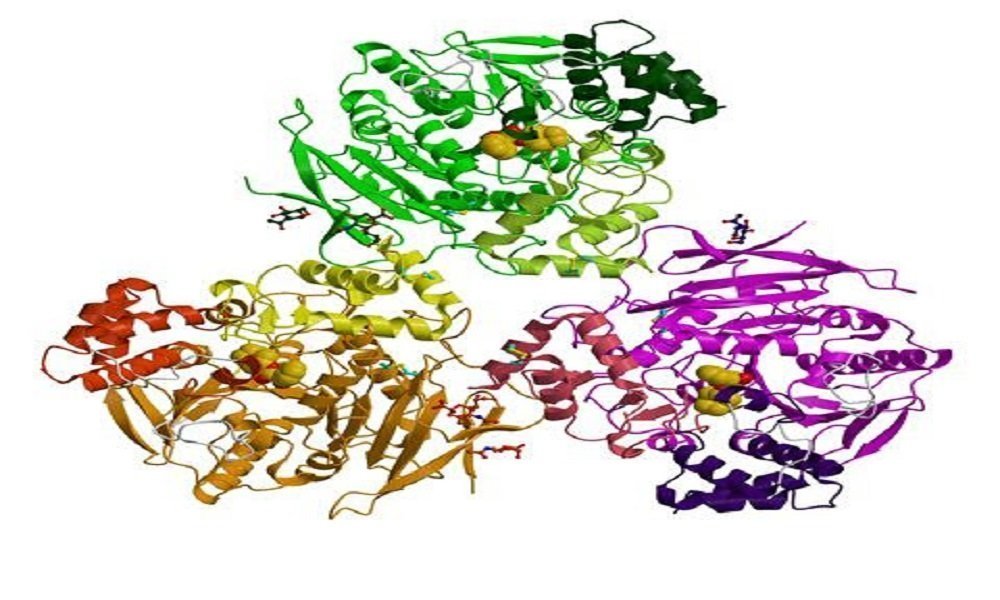Enzymes are biological catalysts that facilitate chemical reactions in living organisms. They are typically proteins, although some RNA molecules also have catalytic activity. Enzymes are essential for life because they speed up the reactions that are necessary for cells to function properly. Without enzymes, many biochemical reactions in the body would occur too slowly to support life.
Enzymes work by lowering the activation energy required for a chemical reaction to occur. Activation energy is the amount of energy needed to start a reaction, and enzymes reduce this energy barrier, allowing the reaction to occur more quickly. Enzymes do this by binding to specific molecules, called substrates, and positioning them in such a way that the reaction can occur more easily.
One of the key characteristics of enzymes is their specificity. Each enzyme is designed to catalyze a specific reaction, and it can only bind to and act on a specific substrate or group of substrates. This specificity is due to the unique shape of each enzyme, which is determined by its amino acid sequence. Enzymes are often named based on the reaction they catalyze, such as amylase, which breaks down starch, or lactase, which breaks down lactose.
Enzymes also exhibit a high degree of catalytic efficiency. They can increase the rate of a chemical reaction by a factor of up to a billion or more. This allows cells to carry out complex metabolic processes quickly and efficiently. Enzymes are also able to work under relatively mild conditions, such as the temperature and pH ranges found in the body, which makes them more efficient than other catalysts that require more extreme conditions.
Enzymes are also subject to regulation, which allows cells to control the rate of biochemical reactions. Enzyme activity can be regulated by a variety of mechanisms, such as feedback inhibition, where the end product of a reaction pathway inhibits an enzyme earlier in the pathway. Enzyme activity can also be regulated by the presence of other molecules, such as activators or inhibitors, which bind to the enzyme and alter its activity.
In addition, enzymes can be used in a variety of industrial applications, such as the production of food, pharmaceuticals, and biofuels. Enzymes are often used in these applications because they are highly specific and efficient, and can work under mild conditions, which makes them more environmentally friendly than traditional chemical catalysts.
In summary, enzymes are biological catalysts that facilitate chemical reactions in living organisms. They are highly specific and efficient, and can work under mild conditions. Enzymes are subject to regulation, and can be used in a variety of industrial applications. Their catalytic activity is essential for life, allowing cells to carry out complex metabolic processes quickly and efficiently.





Leave a Reply
You must be logged in to post a comment.